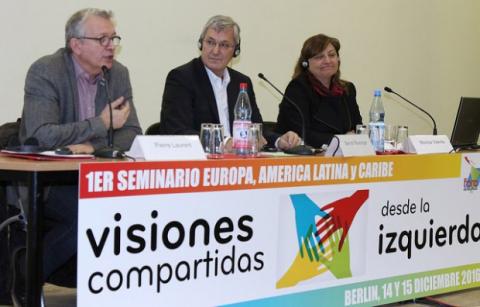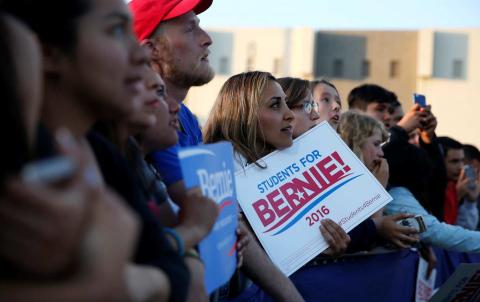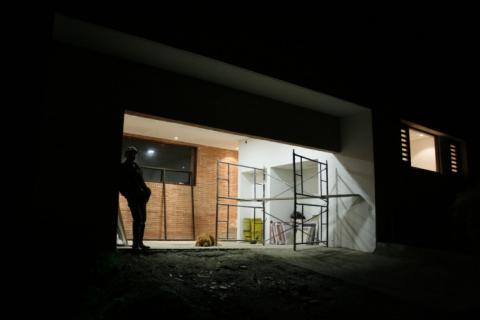Friday Nite Videos -- February 3, 2016
Portside

Resist: How to Triumph in Trumpland. Batbot Flies Just Like a Bat. Trump's Second Week Is as Chaotic as His First. Neruda | Gael García Bernal Movie. Decoding Kellyanne Conway.





Spread the word